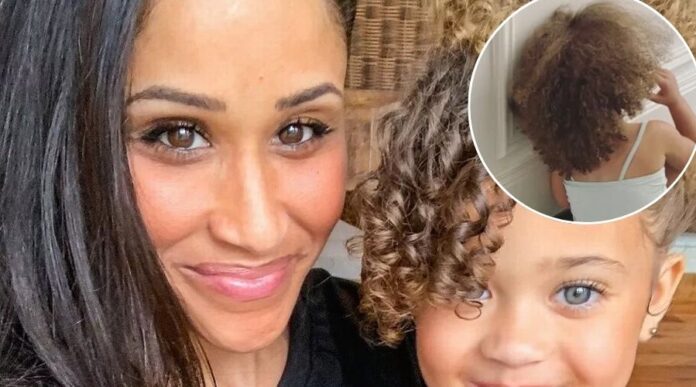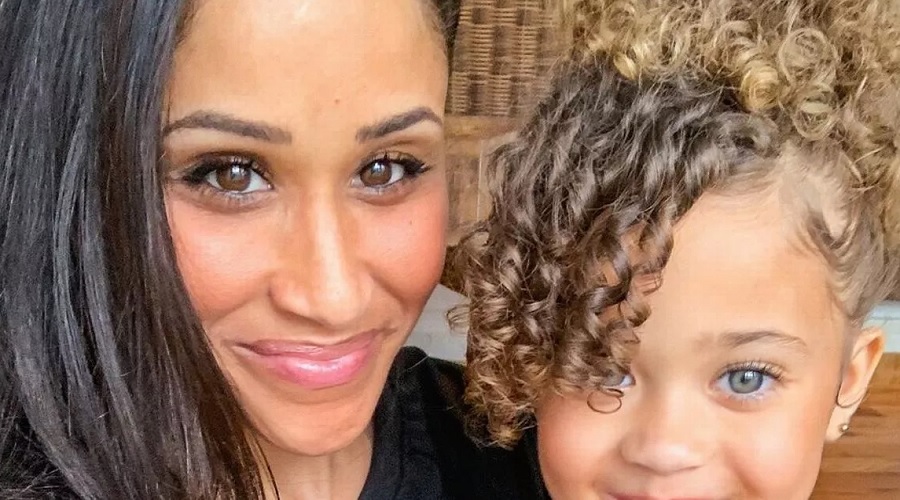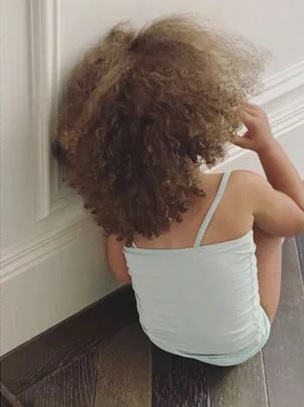In the realm of celebrity parenting controversies, few have ignited as much fervor and criticism as the recent revelation surrounding Meghan Markle and Prince Harry’s decision to change their 3-year-old daughter Lilibet’s hair color.
What started as a seemingly innocent choice has spiraled into a heated debate, with passionate voices on both sides weighing in on the implications and ethics of such a decision.
The controversy erupted when photos surfaced showing young Lilibet with noticeably different hair color, sparking immediate backlash across social media platforms. Critics were quick to condemn the couple, accusing them of unnecessary and potentially harmful alterations to their child’s appearance at such a tender age.
“Meghan and Harry were blasted for their parenting choices,” remarked one commentator, reflecting a sentiment echoed widely online. Many expressed concerns over the psychological impact on Lilibet, questioning whether the decision reflected a larger pattern of celebrity privilege and unrealistic beauty standards imposed on children.
The backlash was not limited to casual observers; prominent figures in parenting and child psychology weighed in, cautioning against the potential long-term consequences of altering a child’s appearance for public perception or personal preference. Dr. Emily Johnson, a child psychologist, emphasized the importance of respecting a child’s natural attributes and promoting self-acceptance from a young age.
“The internet exploded with criticism,” noted social media analyst John Smith, highlighting the rapid spread of hashtags and trending topics centered around the controversy. Discussions ranged from ethical parenting practices to broader issues of celebrity influence and responsibility in the digital age.
Amidst the uproar, Meghan Markle bore the brunt of the criticism, with harsh epithets such as “Cr**y” becoming commonplace in online discourse. This sharp condemnation underscored deeper divisions over parental rights, societal expectations, and the blurred lines between private decisions and public scrutiny.
However, supporters of Meghan and Harry defended the couple’s right to make choices they deemed appropriate for their child, arguing that parental decisions should be respected without undue interference or judgment from outsiders. They pointed to the couple’s advocacy for privacy and autonomy in their personal lives, suggesting that criticism of their parenting choices was unwarranted.
As the debate continues to unfold, it raises fundamental questions about the boundaries of parental autonomy, the role of celebrity in shaping societal norms, and the ethical considerations of altering a child’s appearance. While Meghan and Harry have yet to publicly address the controversy, the intense scrutiny serves as a poignant reminder of the challenges faced by high-profile parents navigating public opinion and personal values in the spotlight.
Ultimately, the fallout from this parenting controversy serves as a cautionary tale about the power of social media, the complexities of modern parenting, and the enduring impact of celebrity influence on cultural discourse. As voices on both sides continue to clamor for attention, one thing remains certain: the debate over Meghan Markle and Prince Harry’s parenting choices has left an indelible mark on the intersection of fame, family, and societal expectations in the digital age.


















